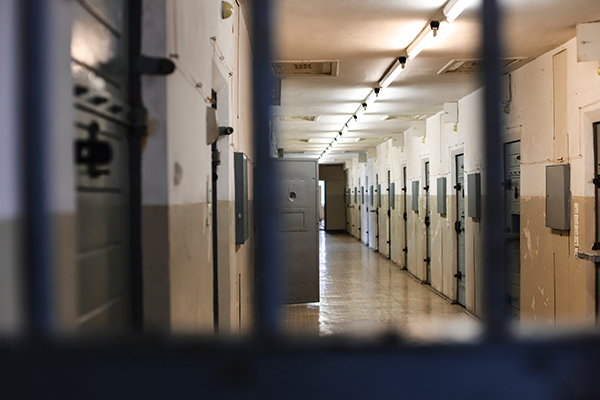The Canadian prison system, long regarded as a model of progressive rehabilitation, is now facing increased scrutiny as mounting evidence suggests that it may be failing to achieve its fundamental goals. Critics argue that the system is plagued by systemic issues, including overcrowding, inadequate mental health support, and a lack of meaningful rehabilitation programs, all of which contribute to high recidivism rates and the perpetuation of social inequalities. To address these challenges, many experts and advocates are calling for a radical overhaul of the Canadian prison system, with a focus on restorative justice, mental health care, and reintegration programs that can help break the cycle of incarceration.
One of the most pressing issues in the Canadian prison system is overcrowding. Over the past decade, the number of incarcerated individuals has steadily increased, outpacing the capacity of the facilities meant to house them. This has led to deteriorating conditions within prisons, with many inmates subjected to cramped, unsanitary living conditions that can exacerbate mental health issues and increase tensions among the prison population.
The overcrowding problem is compounded by the overrepresentation of marginalized groups in the prison system, particularly Indigenous peoples, who make up a disproportionately large percentage of the incarcerated population. According to the Office of the Correctional Investigator, Indigenous people represent about 32% of the federal prison population, despite comprising only 5% of the general Canadian population. This overrepresentation highlights deep-rooted systemic inequalities that the current prison system fails to address.
Mental health issues are pervasive in Canadian prisons, yet the system is ill-equipped to provide the necessary care. Many inmates enter the prison system with pre-existing mental health conditions, and the harsh environment of incarceration often exacerbates these issues. The lack of access to proper mental health care means that inmates with psychiatric disorders are frequently left untreated or improperly managed, leading to a cycle of violence, self-harm, and extended incarceration.
In some cases, inmates with severe mental health issues are placed in solitary confinement, a practice that has been widely criticized as inhumane and counterproductive. Studies have shown that solitary confinement can have devastating effects on an individual’s mental health, leading to conditions such as depression, anxiety, and post-traumatic stress disorder (PTSD). Despite these findings, the use of solitary confinement remains a common practice in Canadian prisons, further underscoring the need for comprehensive mental health reforms within the system.
The Canadian prison system has historically placed a strong emphasis on rehabilitation, yet current programs are often inadequate in preparing inmates for life after release. Many prisons offer limited educational and vocational training opportunities, leaving inmates ill-prepared to reintegrate into society and secure stable employment upon their release. Without the necessary skills and support, many former inmates struggle to find work, leading to high rates of recidivism and a return to the criminal justice system.
Moreover, the stigma associated with a criminal record can be a significant barrier to reintegration. Former inmates often face discrimination when seeking employment or housing, making it even more difficult to rebuild their lives. The current system does little to address these challenges, contributing to a cycle of poverty, crime, and incarceration that disproportionately affects marginalized communities.
One of the most promising alternatives to the traditional prison system is restorative justice, a model that focuses on repairing the harm caused by criminal behavior through dialogue, accountability, and community involvement. Unlike the punitive approach of the current system, restorative justice seeks to address the root causes of criminal behavior and promote healing for both victims and offenders.
Restorative justice programs have shown promising results in reducing recidivism and promoting positive outcomes for those involved. By providing offenders with the opportunity to make amends and actively participate in their rehabilitation, these programs can help break the cycle of crime and incarceration. Additionally, restorative justice emphasizes the importance of community support in the reintegration process, helping to build stronger, more resilient communities.
The Canadian prison system, once hailed as a model of humane and effective correctional practices, is in dire need of a radical overhaul. Overcrowding, inadequate mental health support, and the failure of rehabilitation programs are just a few of the systemic issues that contribute to high recidivism rates and the perpetuation of social inequalities. To create a more just and effective system, Canada must embrace alternative approaches such as restorative justice, invest in mental health care, and prioritize rehabilitation and reintegration programs that can help former inmates successfully reintegrate into society. Only through such comprehensive reforms can the Canadian prison system truly fulfill its mission of promoting public safety and rehabilitation.
